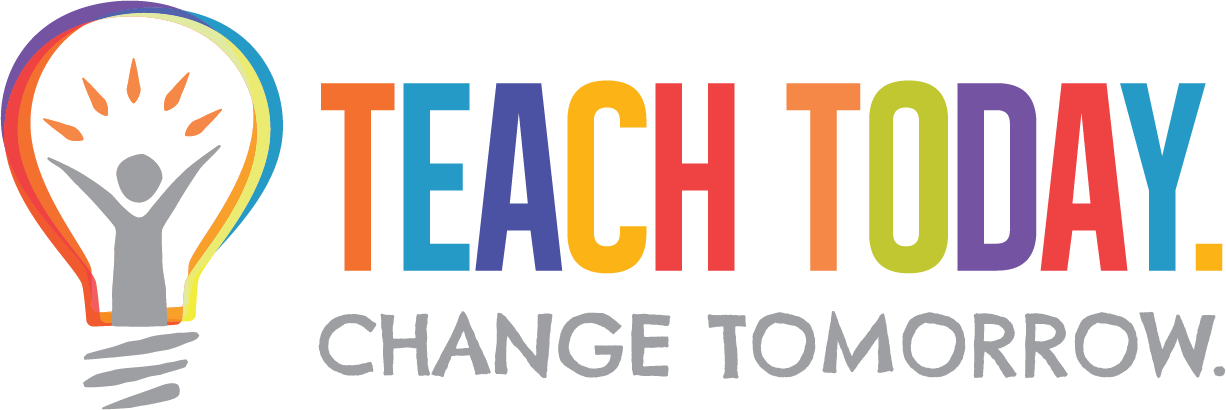Great teachers teach because it fulfills them. They take pride in being role models for their students and are constantly motivated by the responsibility to spark creativity and intellectual curiosity.
The Tennessee Department of Labor and Workforce Development projects there will be around 20,000 job openings in education by 2024, and the state already faces a critical shortage of STEM (science, technology, engineering and math), special education at all grade levels, world languages, and ‘English as a second language’ teachers.
Tennessee simply needs more qualified, smart people to be committed to the education of our children across the state, in both rural and urban communities.
To explore more about the need for teachers in Tennessee, check out this infographic.
Teachers have made the decision to be hands-on in the health of their communities because they know that success in the classroom equals success in life. A 2010 national survey found that 88 percent of adult Americans reported having a teacher who had a significant impact on the trajectory of their lives.
According to SCORE’s 2015–16 State of Education in Tennessee report, only 15 percent of teachers in Tennessee are people of color, while students of color make up 35 percent of the public school population. A teacher pool that better reflects the student population is essential to success in the classroom. Tennessee needs more people of color to become teachers and serve as positive role models to help raise graduation and college acceptance rates for a diverse student body.
There are also statewide conferences held every year that bring educators together to refresh their approaches to teaching and student success. Additionally, there are many opportunities for teachers to lead from the classroom, with an increasing number of districts creating formal teacher leadership positions that offer increased pay for teachers serving as leaders within their schools and districts. There are also opportunities for teachers to influence key state and national policymakers through formal fellowships, serving on statewide committees, and publicly advocating for what is best for their students and their communities.
Whether you have aspirations to be an administrator, serve as a superintendent, work in government to shape education policy or stay in the classroom to continue changing lives, the first step is becoming a teacher.
A career in teaching offers job security and excellent benefits, including health insurance, generous vacation time and holidays off with your family. To see the full list of benefits, visit the Benefits section of the Tennessee Department of Human Resources website.
Teacher pay has also been a focus for Gov. Bill Haslam, who has raised salaries for teachers across the state in each of the last two years and is committed to making Tennessee the fastest-improving state in the nation for teacher compensation.
Tennessee requires all of its teachers to complete a state-approved teaching program, which also includes a student-teaching practicum inside a classroom prior to graduation from the program. To search programs, visit the Tennessee Department of Education website’s Educator Preparation section.
All requirements can be found by looking at our How To Get Started guide.
Teachers have many different kinds of degrees and are products of different career paths.
Visit our career path map to discover real pathways teachers have taken toward their careers, check out our resources guide to help you enter the profession, or review our Why Teach document for testimonials from those in the teaching profession.
The federal government also offers the Teacher Education Assistance for College and Higher Education (TEACH) Grant, which gives up to $4,000 to students studying to become teachers.
Tennessee offers many different loan forgiveness programs for educators. Visit the U.S. Department of Education website’s Federal Student Aid section to see how you can benefit from the financial assistance available.
Information on other statewide financial assistance programs like the HOPE Scholarship, Minority Teaching Fellows Program, Tennessee Teaching Scholars Program, Tennessee Promise and more can be found in Tennessee Student Assistance Corporation website’s Money for College section.
For more details on the tuition discount program in Tennessee, visit the Fee Discount section of the Tennessee Higher Education Commission website.
